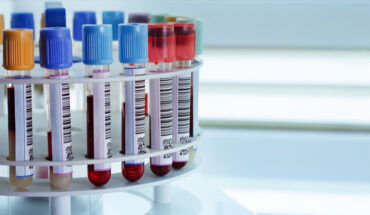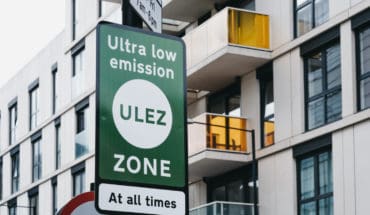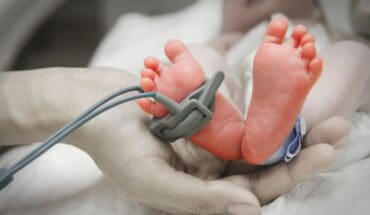Reducing misdiagnosis and sudden cardiac death: Working together with individuals, families, and medical professionals to offer information and support on Syncope and Reflex Anoxic Seizures.
Leading UK-based charity STARS recognises pioneering healthcare professionals and hospitals working to reduce misdiagnosis and sudden cardiac death
In a new report published today, STARS Healthcare Pioneers Report Showcasing Best Practice in Syncope 2021, the charity STARS highlights the innovative and inspiring work that is being done to improve care and quality of life for people experiencing an unexplained loss of consciousness (including syncope; aka fainting). People with syncope/fainting are often told it is a “simple faint” or are misdiagnosed, misunderstood, and mismanaged when in fact all too often there is an underlying potentially fatal heart rhythm disorder.
The six case studies in the report range from using novel technologies to diagnose people presenting with pre-syncope to the benefits of multidisciplinary team working. For example, Dr Nasrin Khan (New Cross Hospital, Wolverhampton, UK) and colleagues highlight how close collaboration between neurologists and cardiologists ensures the accurate diagnosis of people with unexplained loss of consciousness.
Trudie Lobban MBE, Founder and CEO of STARS, says: “The diagnosis and management of syncope and syncope-related conditions continue to be challenging — far too many people with syncope wait months, or even years, for an accurate diagnosis and do not receive the care they need. Many are misdiagnosed with epilepsy and prescribed antiseizure medication when in fact they have an underlying potentially fatal heart rhythm condition. Often the only symptom prior to sudden cardiac death is a history of fainting. Therefore, it is essential that anyone presenting with a history of unexplained loss of consciousness or fainting should be seen by an appropriate team and get a correct diagnosis — this will save misdiagnosis and, in some cases, may even save lives.”
Syncope, or fainting, is often caused by low blood pressure, dehydration, or underlying heart rhythm issues. A major issue is misdiagnosis, with studies suggesting people with syncope are often misdiagnosed as having epilepsy — this not only means that they are potentially receiving treatments, such as anticonvulsants, that they do not need, but also means that they are not receiving the treatments they do need.1 Specifically if the epilepsy masks cardiac syncope, a person could have a potentially life-threatening arrhythmia and, therefore, are not being protected against sudden cardiac death. For more information about syncope and syncope-related conditions, visit: www.stars-international.org
For a copy of the report, to speak to Trudie Lobban MBE or any of the 2021 Syncope Pioneers, contact: [email protected]
The report can also be downloaded from www.syncopepioneers.org
1. STARS (Syncope Trust and Reflex anoxic Seizures) is the leading patient advocacy organisation providing guidance and information on syncope, a common cause of unexplained blackouts or faints. STARS aims to ensure that anyone with unexplained loss of consciousness receives timely and accurate diagnosis, effective treatment, support, and direction to appropriate medical professionals: www.stars-international.org
References
1. Ziadi A, Clough P, Cooper P, Scheepers B, Fitzpatrick AP. Misdiagn
- Ceremony for leading Healthcare Pioneers - 8th June 2023
- DETECT, PROTECT, CORRECT, PERFECT - 8th June 2023
- Arrhythmia Alliance launches first SVT Awareness Day - 7th June 2023






